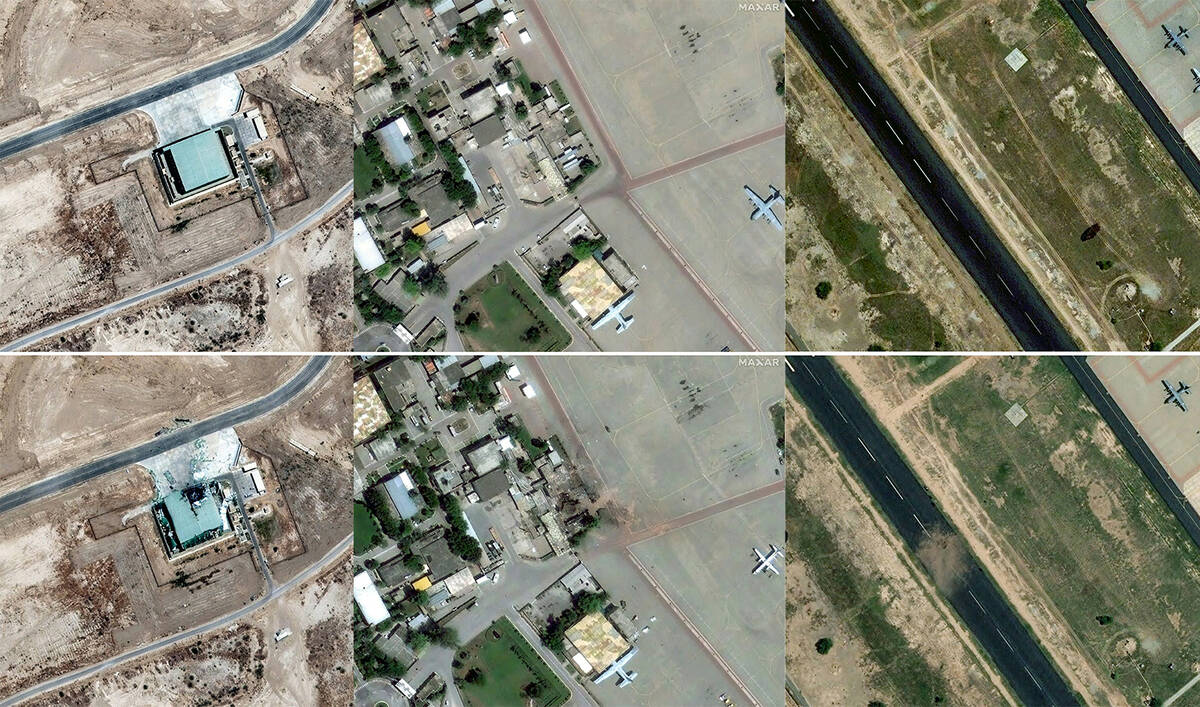KARACHI: Pakistan expects local manufacturing of major cell phone brands following the approval of the first Mobile Device Manufacturing Policy, officials and manufacturers said on Monday.
“Some big brands got in touch with us when they discovered that we were working on the policy. Hopefully, one of them will come to Pakistan within a year,” Pervaiz Iftikhar, who is part of Prime Minister’s Taskforce on IT and Telecom, told Arab News.
“Ultimately big brands will come to Pakistan, though it will not happen immediately since high-profile companies normally take time to make such decisions,” he said while declining to name the brands that have shown interest in manufacturing in Pakistan.
Global brands like Nokia representatives in Pakistan say they are monitoring the industrial situation and government regulations closely.
“We have prepared a proposal in the context of this development. However, global companies do not take decisions very quickly, especially when they involve setting up operations somewhere,” Arif Shafique, HMD Global Country Head for Pakistan and Afghanistan, told Arab News.
Pakistan approved the mobile manufacturing policy to encourage local production of handsets on Thursday, hoping it would also have a positive impact on allied industries.
The new policy is designed to attract high-end brands that will help the local industry become part of the global value chain.
The policy seeks to set up research and development centers and create an elaborate ecosystem for software applications. Various tax incentives have been given to manufacturers for local production.
With a population of 220 million people, Pakistan’s telecom sector offers attractive investment opportunities since it boasts of 165 million mobile phone subscribers with 76 million 3G-4G users, according to the Pakistan Telecommunication Authority (PTA).
The authority has already issued licenses to some 29 mobile manufacturers for the production of handsets.
“Out of 29 licensees, 18 have started manufacturing and are mainly assembling 2G mobile sets,” Aamir Allawala, CEO of Transsion Tecno, a joint venture between Transsion Holdings China and Tecno Pack Pakistan, told Arab News.
The joint venture company is the first to start manufacturing 3G and 4G smartphones in Pakistan. It produces Infinix, Tecno and Itel brands in its Karachi facility and has sold 500,000 units since February 2020.
“The country produces around 12 million handsets annually against the market size of 40 million units. About 28 million sets are also imported annually,” Allawala said.
“Local production figures will more than double in the coming days if the expected investments are made,” Pervaiz Iftikhar said.
The country meets a chunk of its mobile phone demand by importing handsets which adds to its deficit. During the last fiscal year, Pakistan imported mobile phones worth $755.5 million, but the import of these devices increased by 63 percent to $1 billion during July-April period of the current financial year.
“Previously, duties and tariffs did not make local manufacturing a viable option,” Allawala said. “That made the import of handsets more feasible. However, this is likely to change with the introduction of the new policy.”
Manufacturers say this labor-intensive industry has a potential to create 200,000 jobs, and the 49 percent localization of parts within the next three years is likely to help the country export mobile phones.
“It will also reduce the burden on the country’s forex reserves,” Allawala added.
However, some industry players emphasized the importance of keeping the policy consistent.
“It takes high investment to assemble smart phones. When such investments are made, governments take U-turns and implement new policies or impose new duties and taxes,” Imran Ghani, CEO of Tri-Angels Electronics that manufactures Hisense TV in Pakistan and intends to make smartphones, told Arab News.
Local manufacturing was of cellphones was encouraged after Pakistan implemented its Device Identification, Registration and Blocking System (DIRBS) in 2018 to control the smuggling of mobile phone devices through the registration of International Mobile Equipment Identity (IMEI). The move not only resulted in the growth of local manufacturing but also encouraged imports through legal channels.

















